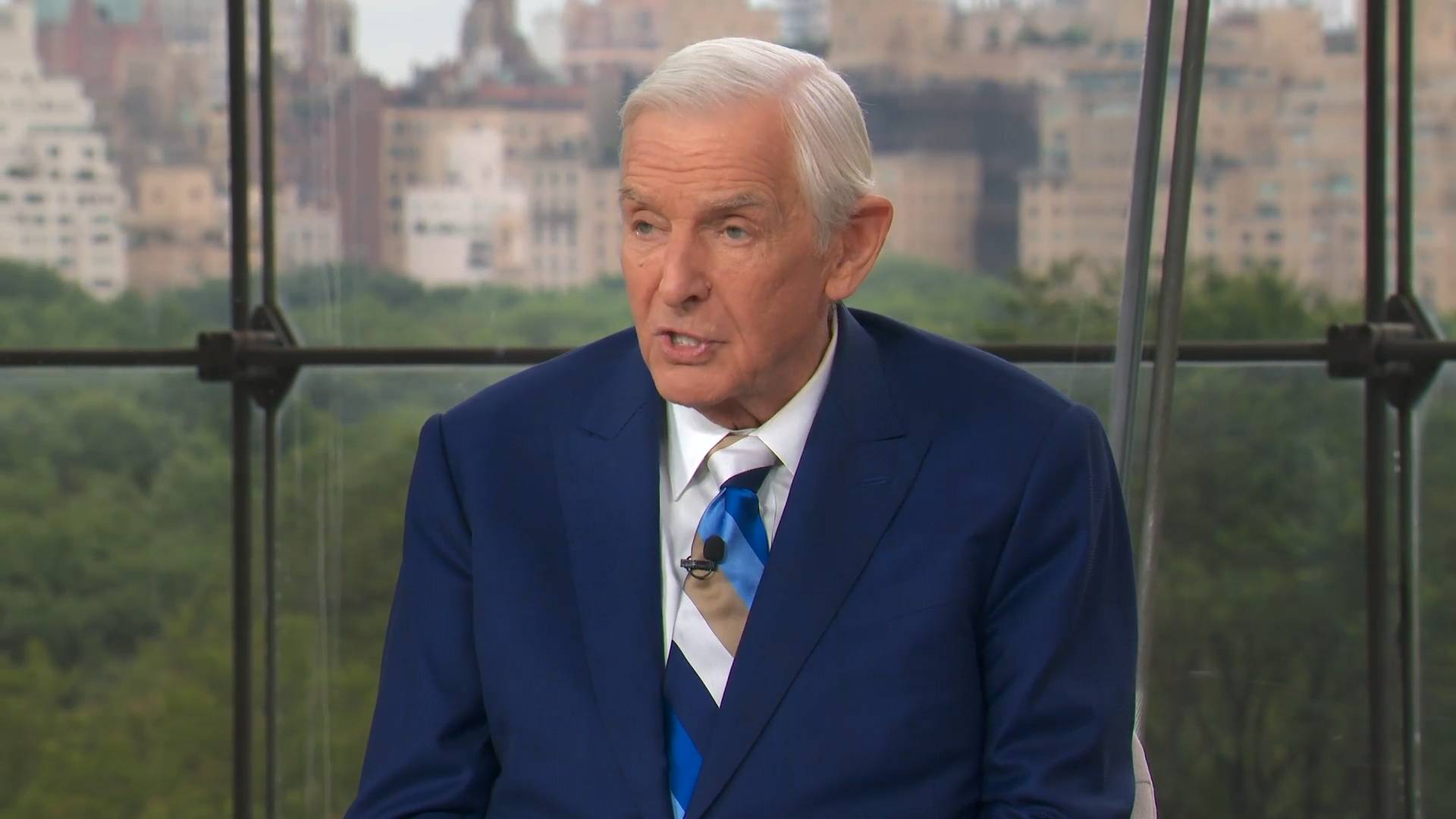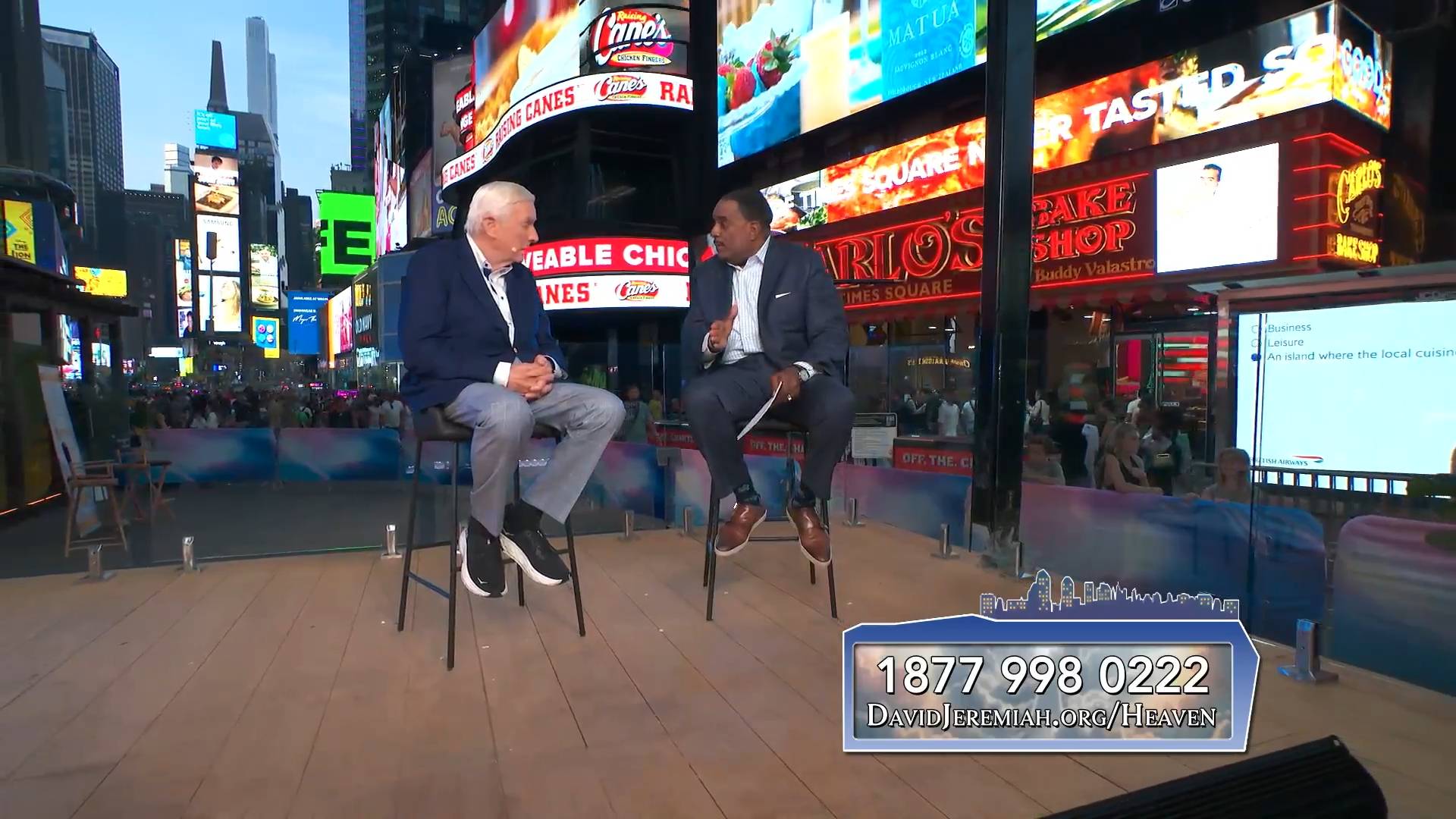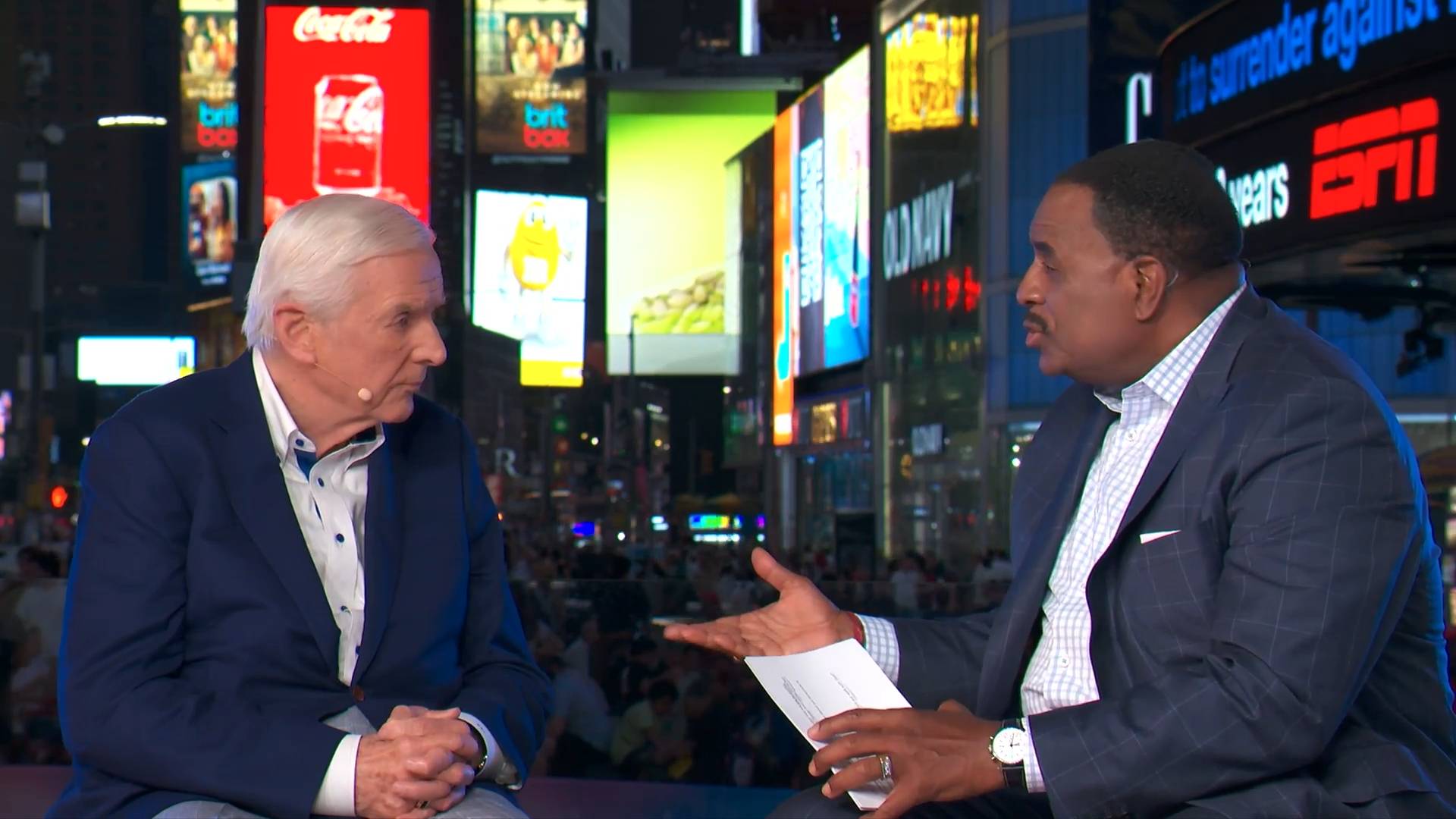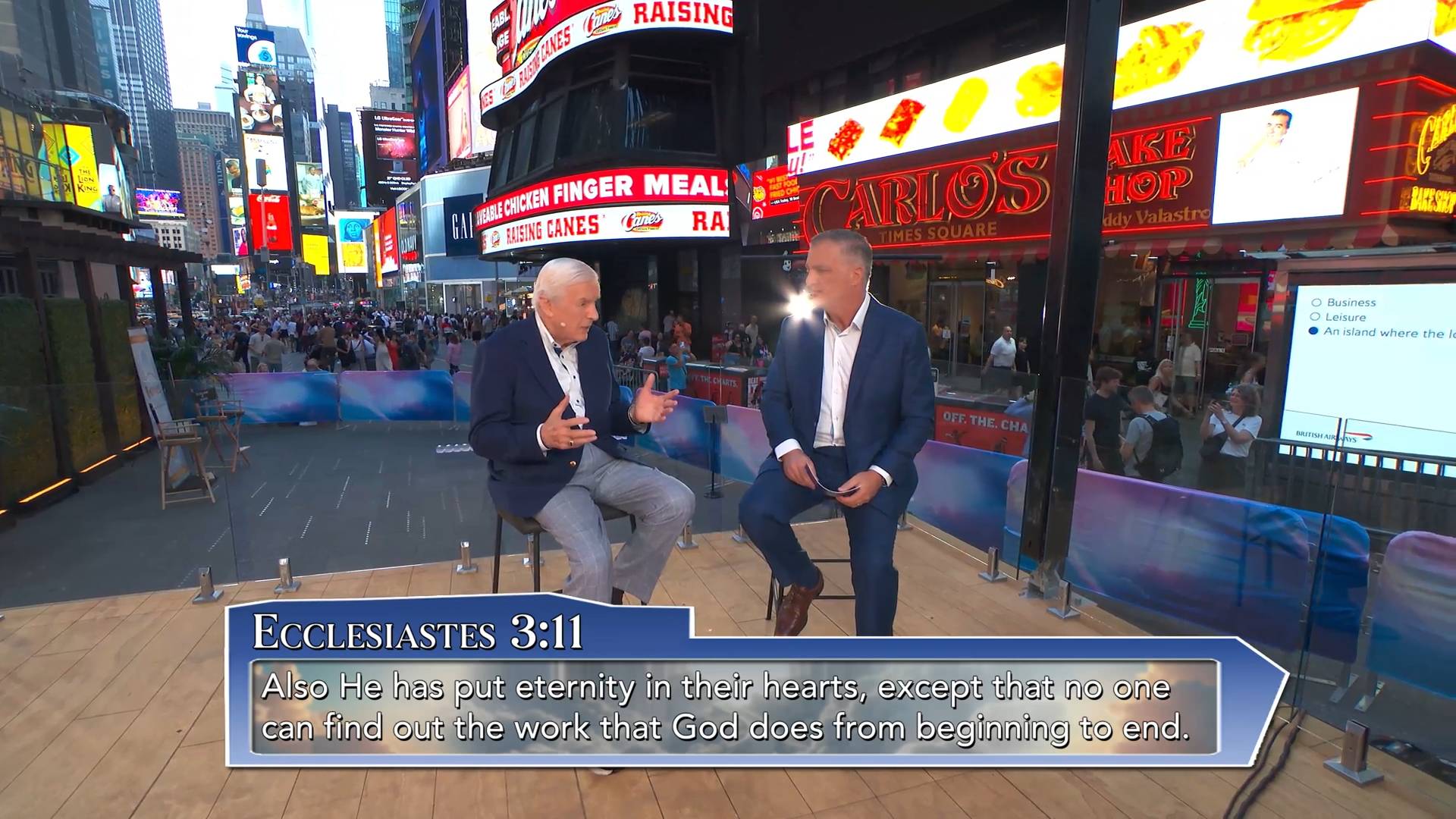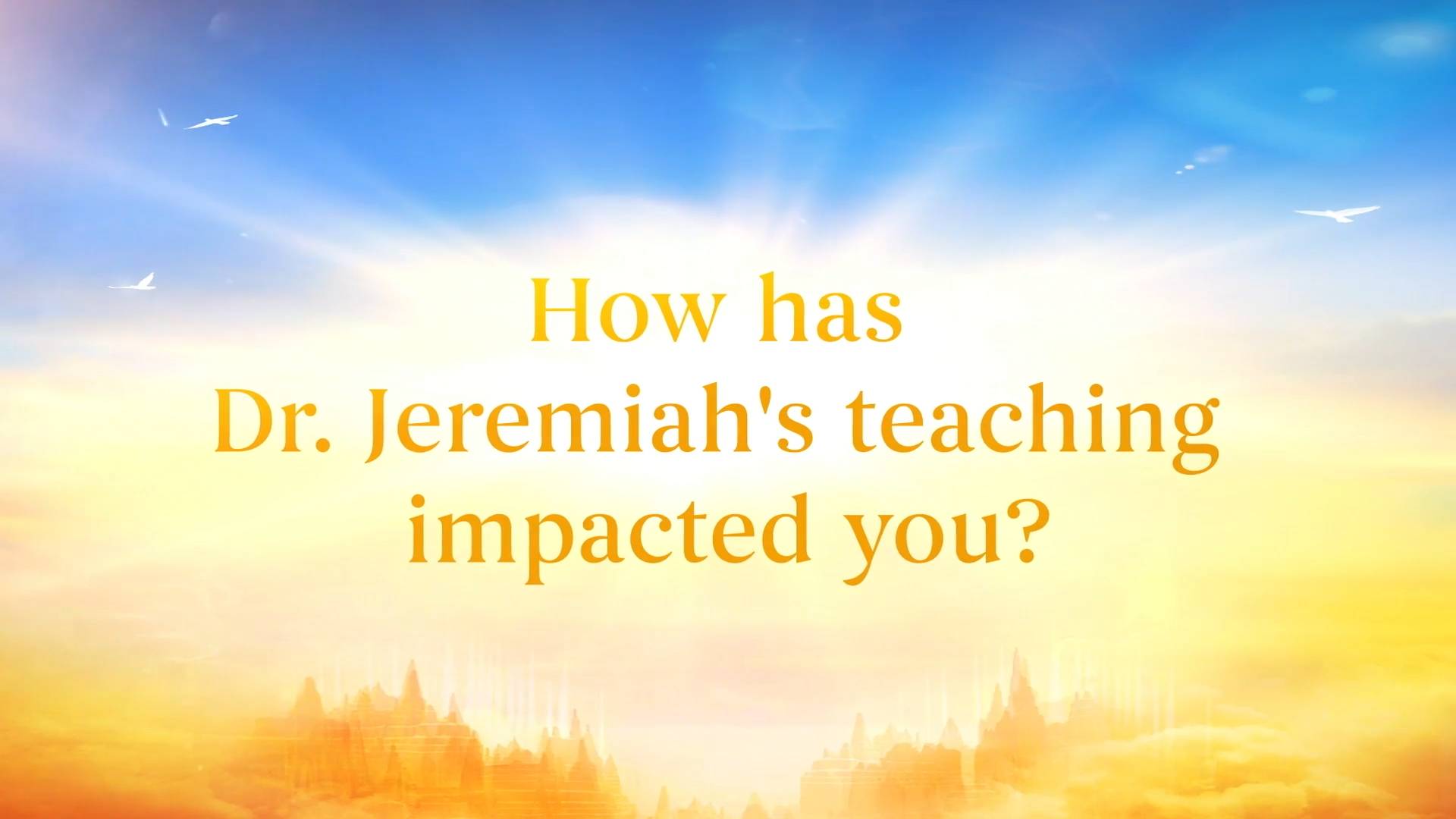One of the most frequent questions I receive about heaven is also one of the hardest: What happens to children who pass away? It’s not a new issue. Both the nation of Israel in the Old Testament and the Gospels in the New Testament open on that particular note. The story of the Exodus begins when Pharaoh orders the deaths of all the baby boys among the Hebrew slaves in Egypt. The Gospel of Matthew begins with King Herod sending his soldiers to kill the baby boys in Bethlehem in an attempt to destroy the little one whom the Magi called the King of the Jews.
The death of children has been one of the world’s greatest sorrows throughout history, both biblical and secular, and in the personal histories of millions—including many reading these words. Some have lost children through illnesses or tragic accidents. Others have grieved miscarriages or stillbirths. Untold millions of preborn children have been lost through abortion. Some children have been slain in wars or horrendous acts of violence.
As a lifelong pastor, I’ve stood beside small caskets trying to comfort others when my own heart was broken over the scene before me. But I praise the Lord because, through the tears, there’s a sunbeam of hope. Scripture gives us reasons to trust that infants and young children are not lost forever. Instead, they are given the gift of bypassing the sorrows of this world and are instantly transported to heaven where we’ll meet them and enjoy their fellowship throughout eternity.
Scripture gives us reasons to trust that infants and young children are not lost forever.
So what exactly does Scripture say about this incredible hope? Here are several biblical truths that assure us young children who die are welcomed into heaven.
The Compassion of Jesus
Let me begin with this clear reality: The Lord loves children, and He loves babies. He loves the preborn, and He loves the newborn. He loves the infant, and He loves the toddler. The words child and children occur ninety times in the Gospels, highlighting God’s love for them. Even in the womb, God knows and loves the unborn baby.
In Psalm 139, David wrote, “For You formed my inward parts; you covered me in my mother’s womb. I will praise You, for I am fearfully and wonderfully made. . . . Your eyes saw my substance, being yet unformed. And in Your book they all were written, the days fashioned for me, when as yet there were none of them. How precious also are Your thoughts toward me, O God! How great is the sum of them!” (verses 13–14, 16–17).
In Matthew 19, parents brought their children to Jesus so that He could pray for them and lay hands on them. When the disciples tried to turn them away, Jesus said, “Let the little children come to Me, and do not forbid them; for of such is the kingdom of heaven” (verse 14). Jesus made it clear: Children belong to Him.
The Character of the Father
Second, God isn’t willing for children to be lost.
When Jesus told His parable of the lost sheep, He said: “If a man has a hundred sheep, and one of them goes astray, does he not leave the ninety-nine and go to the mountains to seek the one that is straying? And if he should find it, assuredly, I say to you, he rejoices more over that sheep than over the ninety-nine that did not go astray. Even so it is not the will of your Father who is in heaven that one of these little ones should perish” (Matthew 18:12–14).
In these verses Jesus revealed the Father’s heart for children. He is like a shepherd who refuses to let even one be lost. His will is that no child should be forgotten or perish.
The Confidence of David
There’s one final Scripture that strongly bears on what happens to little children when they die. In the Old Testament, King David had an illicit affair with a beautiful woman named Bathsheba, and even arranged her husband’s death. Bathsheba gave birth to a son—David’s child—but the baby was terribly sick. David pleaded in prayer for the boy’s life, fasting and weeping. For an entire week, David couldn’t function, so great was his anxiety for the child. But when the boy passed away, David washed and changed his clothes and ate the food his servants prepared for him.
“We don’t understand you,” said his advisers. “While the child was still living, you wept and refused to eat. But now that the child is dead, you have stopped your mourning and are eating again.”
David responded, “I fasted and wept while the child was alive, for I said, ‘Perhaps the Lord will be gracious to me and let the child live.’ But why should I fast when he is dead? Can I bring him back again? I will go to him one day, but he cannot return to me” (2 Samuel 12:21–23 NLT).
David knew his separation from his child was temporary. Though the boy wasn’t going to return to this temporal life on earth, David was certain of seeing him again and being with him forever. After all, this is the same man who wrote in Psalm 23, “Surely goodness and mercy shall follow me all the days of my life; and I will dwell in the house of the Lord forever” (verse 6).
David knew his separation from his child was temporary.
Our few moments on earth are nothing compared to our eternal fellowship with those we love on the new earth. Our lifespan is like the pop of a flashbulb compared to eternity. David clearly found his hope, comfort, and cheer in the assurance that his baby had gone to heaven and that they would soon be reunited.
If you’ve lost a little one, let your heart and mind turn upward. Put your head on a heavenly swivel and let the soon-approaching joys of your coming reunion lift your mind to Jesus, who never saw a child He didn’t love enough to die for.
They are all safe and happy in His heavenly home. Hallelujah!
----
For a complete study of heaven, request Dr. Jeremiah’s book, The Promise of Heaven: 31 Reasons to Get Excited About Your Eternal Home































